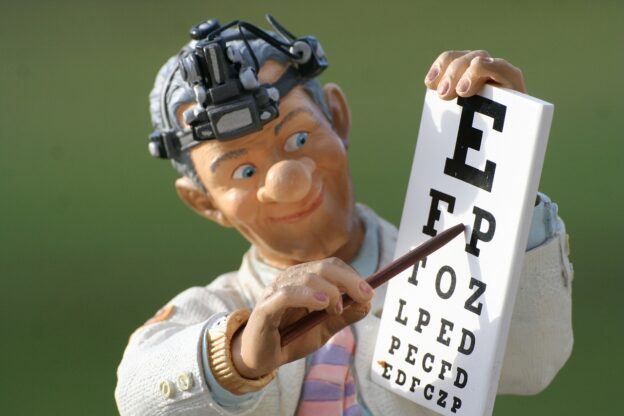I went to a game last night just for fun. The teams are irrelevant for the purpose of this conversation; suffice to say that both were middling, neither has a shot at the NCAA tournament and none of it has implications of national merit. But man, it’s almost March and it’s college basketball, it was a blast! 15,590 fans just having a great time sending off the seniors and hoping for a shift in fortunes during the Conference Tournament.
The beauty of CBB is that anyone can be a Cinderella. As I watched the event, the home team played the best game of their season. They were balanced on offense, they shutdown the other team’s two main threats. They rebounded well, controlled their turnovers and staved off multiple run attempts of their foe. At one point they were up by 21 and I thought to myself, “Man, if they play like this, who knows, three good games in the conference tourney and they could slip into an automatic bid.” I was impressed and drinking the Kool-aid.
Later I called my friend and in the course of describing the game caught myself saying the two most overrated words in sports evaluation. I said to my friend, “They pass the eye test.” It came out in slow motion and I physically reached out my hand trying to grab the words and bring them back in.
A few years ago I was a skydiver at the Air Force Academy. I’ve jumped out of close to 600 airplanes and into football stadiums and national competitions around the country. But one jump out of all of those still sticks out in my memory. It was #44. I was complete with my training. I was competent to get safely to the ground and pack my parachute for another go by myself and had done so dozens of times. I became a touch complacent.
On my 5th jump of the day I climbed aboard the airplane, took my seat, joked with my teammates, stood up with the red light, opened the door, and jumped with the green light. It wasn’t until a second later and 20’ of distance between me and the Twin Otter aircraft when I suddenly realized that I had forgotten to do my final gear safety check and was unsure of the condition of my parachute. Then, too, I physically reached out my hand and impossibly tried to climb back in the safety of the airplane.
That rush of anxiety was roughly the same feeling I had yesterday when I said those words, “They pass the eye test.”
I suppose that this team could make an improbable run. But their 1-6 record against Quad 1 opponents wouldn’t suggest that. Nor would their abysmal road record in a non P-5 league. When we put them into our model and run them against any other team in the top 30 in a neutral environment, the data is clear that they would not stand a chance against almost any one of them.
In the end, the numbers won’t lie. There are always anomalies, but when aggregated together with the whole, the data will adjust for and explain most all of that.
The idea that data has the ability to tell a story of what is happening and why is what motivates this movement. We want to find truth and be able to tease it down to the point that we can understand and predict even the anomalies with fair certainty. It is our goal to understand teams so well that we take all the fun out of the NCAA tournament. We’re not there yet but this goal is no dumber than jumping out of airplanes. (Which the data shows is safer than riding a bicycle).
If you want to build a more perfect bracket, come on this journey with us. Drop a comment below and tell us one way or the other what your take is. We understand that the eye test is great and feels good in the moment. But read on, because we can do better and we can show you how you can win your office pool.
Ninja out.



